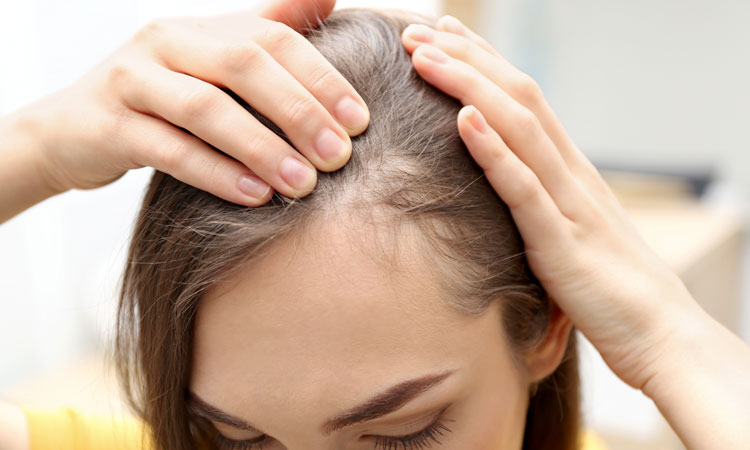New AbbVie data highlights Rinvoq promise in alopecia areata
Posted: 4 August 2025 | Catherine Eckford (European Pharmaceutical Review) | No comments yet
The trial is the first pivotal clinical programme to have met the standard of complete scalp hair regrowth, suggesting potential in immune-mediated diseases.


New clinical data from AbbVie has demonstrated the potential of once-daily Rinvoq (upadacitinib) 15mg and 30mg, as a promising new treatment option for alopecia areata.
Positive topline results from the first of two pivotal studies of the phase III UP-AA M23-716 clinical programme showed that in adults and adolescents the drug enabled a mean baseline severity of alopecia tool (SALT) score of 83.8, representing approximately 16 percent scalp hair coverage.
For both doses, 36 percent and 47.1 percent of patients respectively, attained 90 percent or more scalp hair coverage (SALT ≤ 10). In comparison, 1.4 percent of patients assigned a placebo treatment achieved this result at week 24.
In Study 2, both doses of the JAK inhibitor achieved the primary endpoint. In total, 44.6 percent and 54.3 percent of patients respectively, reached 80 percent or more scalp hair coverage (SALT score ≤ 20). This was compared to 3.4 percent of patients given placebo.
Furthermore, participants also saw improvements in eyebrows and eyelashes, enabling additional key secondary endpoints to be met at week 24 with both doses. These also included the percentage of subjects with 90 percent or more scalp coverage and complete scalp hair coverage, AbbVie noted.
Significance of AbbVie’s new data in alopecia areata
“UP-AA is the first pivotal programme to have ranked and met the rigorous standard of SALT=0, indicating complete scalp hair regrowth”
Dr Kori Wallace, PhD, AbbVie’s Global Head of Immunology Clinical Development, said: “UP-AA is the first pivotal programme to have ranked and met the rigorous standard of SALT=0, indicating complete scalp hair regrowth. These data underscore AbbVie’s commitment to advancing novel treatments that have the potential to improve the lives of individuals with immune-mediated diseases.”
Dr Arash Mostaghimi, Associate Professor of Dermatology and Vice Chair of Clinical Trials and Innovation at Harvard Medical School’s Brigham & Women’s Hospital, added: “There is a pressing need for more treatments that help enable regrowth of scalp and non-scalp hair. I am encouraged by these results that demonstrate the potential of upadacitinib to be an important new treatment option.”
Findings from Study 1 of the phase III UP-AA clinical programme are expected to be released in the third quarter of 2025.
Rinvoq is being studied in phase III trials for other indications including hidradenitis suppurativa, Takayasu arteritis, systemic lupus erythematosus and vitiligo.
Related topics
Big Pharma, Clinical Development, Clinical Trials, Data Analysis, Drug Development, Drug Safety, Industry Insight, Research & Development (R&D), Therapeutics







![Eli Lilly logo sign [Credit: Michael Vi / Shutterstock.com].](https://www.europeanpharmaceuticalreview.com/wp-content/uploads/Eli-Lilly-400x187.jpg)

